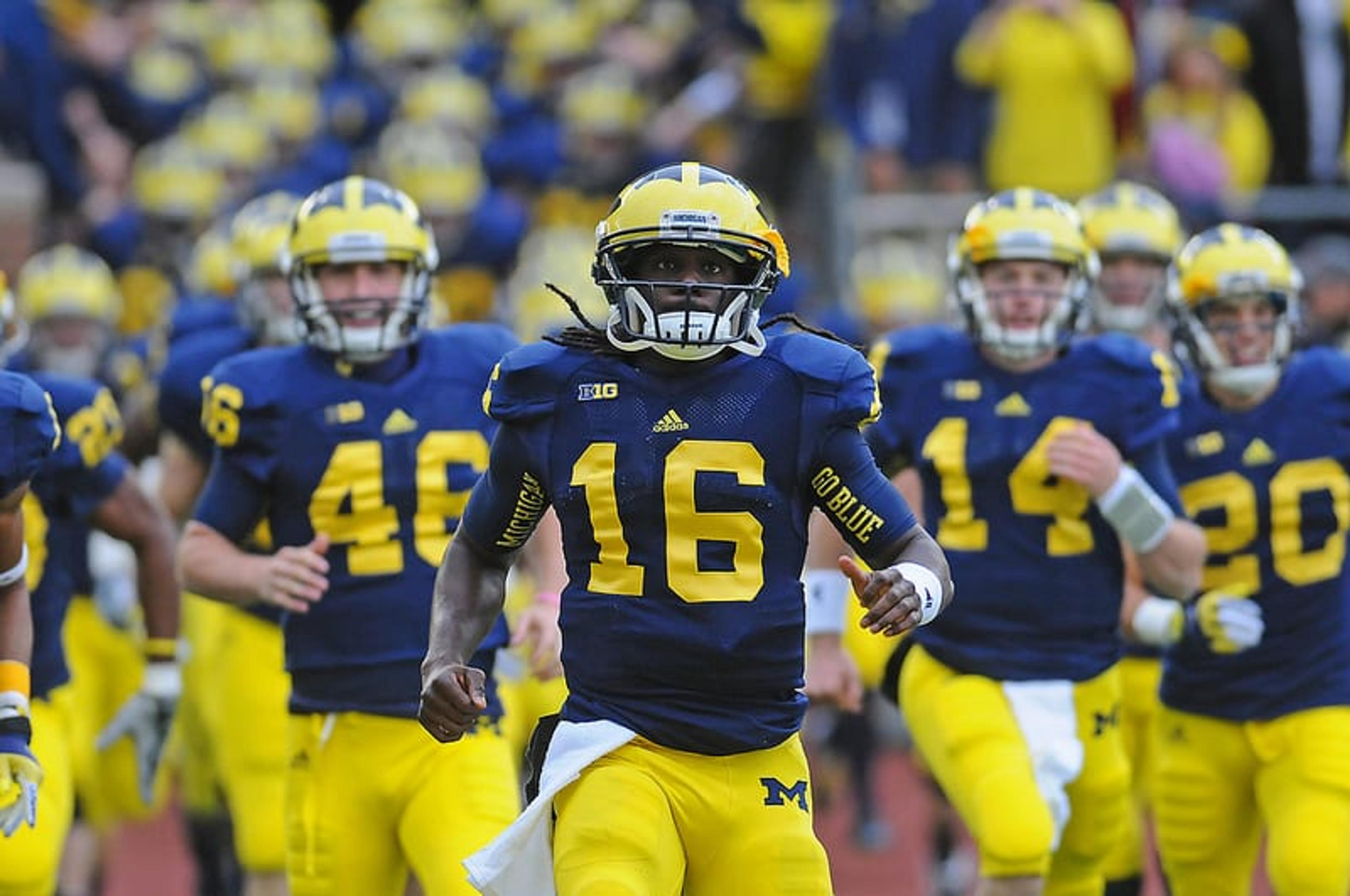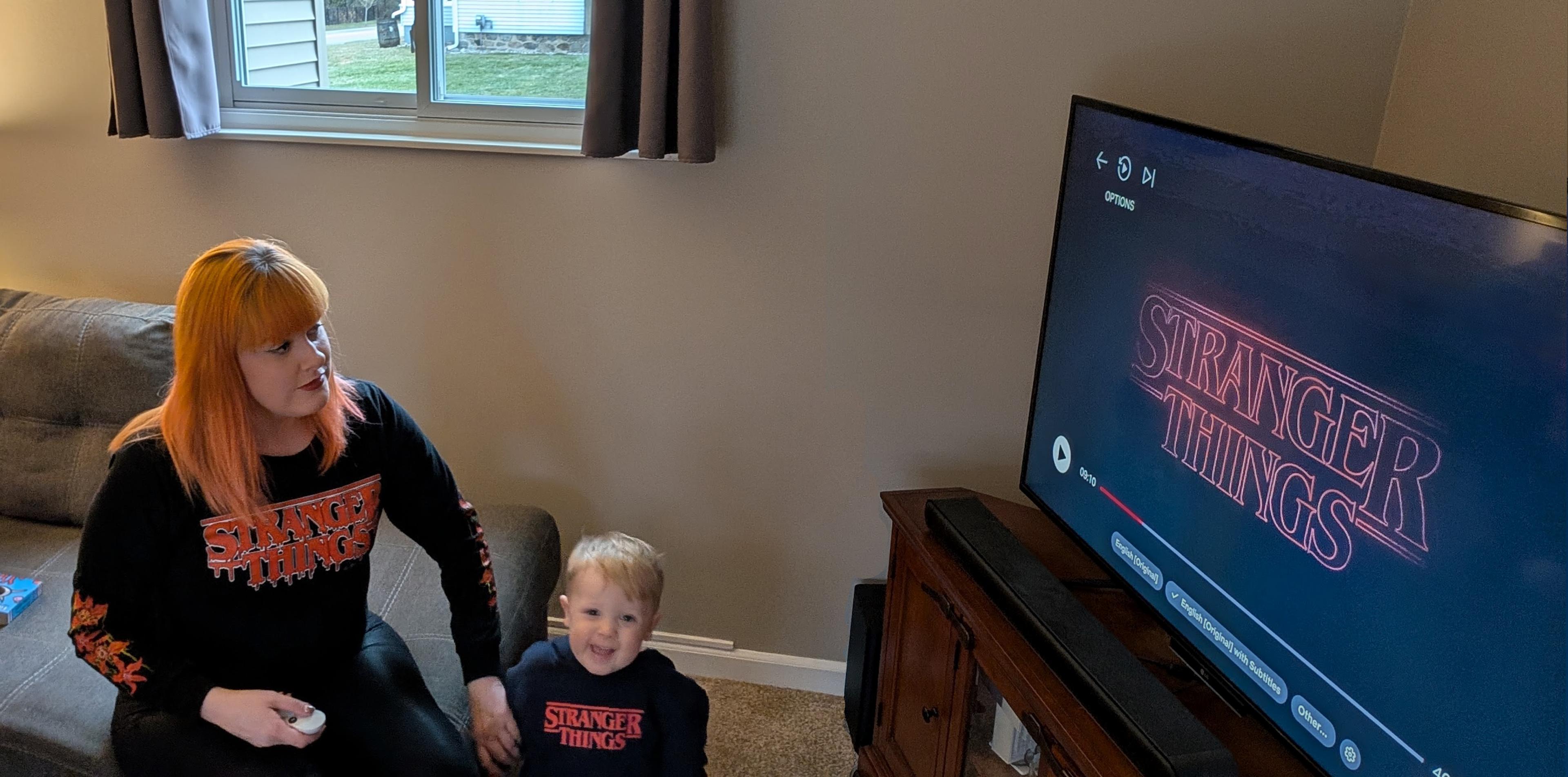U-M Puts Mental Health at the Forefront of Discussion
| 2 min read

The sudden and shocking death of actor Robin Williams left many people wondering how someone who made so many people so happy could suffer from depression. But it isn’t always easy to detect mental illnesses in loved ones or get them the help they may need—a reason why it’s so important to keep talking about depression and other mental health issues.
That’s why the work being done by The University of Michigan Athletic Department, Depression Center and School of Public Health is so important. They have partnered on a $50,000 grant from the NCAA to develop and evaluate a program supporting mental health initiatives for student-athletes. The grant was one of six chosen from the inaugural NCCA Innovations in Research and Practice Grant Program.
The connection between depression and student-athletes is not something new. Former Michigan football player and mental health advocate Will Heininger has openly discussed his own battle with depression and is now working with the pilot program.
“We know that depression and anxiety are prevalent in the college-aged population anyway, with one in three students reporting symptoms,” he told us. “The problem is that for every three people struggling, only one will seek help. Look at student-athletes, who face unique stressors in terms of performance and expectations, and the percentage who seek help is even lower. That can be due to a number of factors, including the ‘tough it out’ culture in which some athletes are raised and the stigma surrounding mental illness.”
The grant will be used to increase awareness of mental illness among student-athletes, reduce the stigma of seeking help and provide support systems for those suffering from depression. It will also go towards creating videos that talk about ways to productively deal with mental health struggles. Once completed, they will be shown to student-athletes, coaches and the NCAA.
“We want to change the culture so athletes can differentiate on-field toughness from their health, and understand that when they’re holistically healthy, they will actually perform better,” Heininger said. “There is nothing shameful whatsoever about mental illness. It’s a diagnosable, treatable human disease, like diabetes or cancer. The sooner we normalize it, the better the world will be.”
The University of Michigan, which will present the project results at the NCAA Convention in Washington, D.C., in January 2015, is taking a defining step in opening the discussion about mental illness on campus. For more information on the NCCA grant please visit, http://www.mgoblue.com/genrel/071614aad.html.
Photo credit: Adam Glanzman





